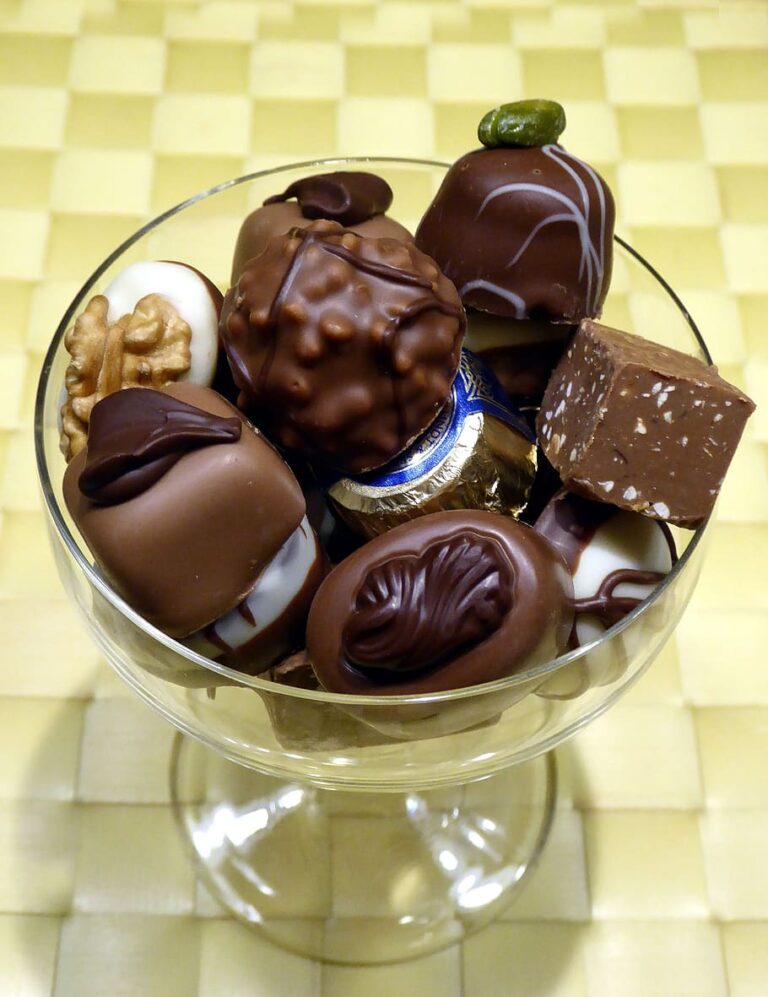Are you curious about the rich history and cultural significance of chocolate? In this article, we’ll take a journey through time and explore how chocolate has evolved over the years and how it has become an integral part of different cultures around the world. From the ancient Aztecs and Mayans to modern-day chocolate artisans, we’ll delve into the fascinating world of this beloved sweet treat.
Chocolate Through the Ages
Chocolate has a long and fascinating history, with roots dating back to the ancient civilizations of Central and South America. The Aztecs and Mayans believed chocolate was a gift from the gods and used it in religious ceremonies and as a currency. They consumed chocolate as a bitter drink made from roasted cocoa beans, which they believed had healing properties.
It wasn’t until the arrival of Europeans in the Americas that chocolate began to spread across the globe. Spanish conquistadors brought cocoa beans back to Europe in the 16th century, where they were initially consumed as a beverage. Adding sugar and other flavorings transformed chocolate into the sweet treats we know and love today.
Over time, chocolate production has become more sophisticated, introducing new processing techniques and developing hybrid cocoa strains. Chocolate is a multi-billion dollar industry with various styles and flavors.

Cultural Significance of Chocolate
Chocolate has become more than just a tasty treat – it has become an integral part of many cultures worldwide. For example, in Mexico, chocolate is still used in traditional ceremonies and festivals and is often enjoyed as a hot beverage with cinnamon and other spices.
In Europe, chocolate is a staple of many dessert dishes, from decadent cakes to delicate chocolate truffles. And in the United States, chocolate is a ubiquitous part of the candy aisle, with everything from chocolate bars to chocolate-covered pretzels available at grocery stores and specialty shops.
Regional Variations of Chocolate
Different regions and countries have put their unique spin on chocolate, creating various styles and flavors. For example, in Belgium, chocolate is often made with high-quality ingredients and crafted into delicate, artisanal treats.
In Central and South America, chocolate is often consumed in its original form as a bitter drink or used in traditional recipes like mole sauce. And in West Africa, cocoa beans are a significant export crop, with the region producing over two-thirds of the world’s cocoa supply.

The Future of Chocolate
As the world changes and new technologies emerge, chocolate’s future constantly evolves. From sustainable farming practices to innovative new processing techniques, there are many ways that chocolate is being reinvented for a new generation of consumers.
One exciting new trend is the rise of bean-to-bar chocolate, where small-scale producers carefully control every step of the chocolate-making process, from sourcing the beans to crafting the final product. This approach allows for a greater emphasis on quality and sustainability, leading to some genuinely exceptional chocolate products.
Conclusion
Chocolate has a rich history and cultural significance that spans the globe. From ancient civilizations to modern-day artisans, this beloved sweet treat has captured people’s hearts and taste buds worldwide. Whether you prefer your chocolate as a decadent cake or a delicate truffle, there’s no denying the magic and allure of this indulgent treat.
FAQs
Q: Where did chocolate initially come from? A: Chocolate has its roots in the ancient civilizations of Central and South America, where it was consumed as a bitter drink made from roasted cocoa beans.
Q: How has chocolate changed over time? A: Chocolate has become sweeter and more complex, thanks to adding sugar and other flavorings, new processing techniques, and the development of hybrid cocoa strains.
Q: How is chocolate consumed in different cultures? A: Chocolate is consumed in many different ways around the world. In Mexico, it is often enjoyed as a hot beverage with cinnamon and other spices, while in Europe, it is a staple of many dessert dishes. In Central and South America, it is often consumed in its original form as a bitter drink or used in traditional recipes like mole sauce.
Q: What is bean-to-bar chocolate? A: Bean-to-bar chocolate is a small-scale production approach where producers carefully control every step of the chocolate-making process, from sourcing the beans to crafting the final product. This allows for a greater emphasis on quality and sustainability, leading to some genuinely exceptional chocolate products.
Q: Is chocolate healthy? A: While chocolate does contain sugar and calories, it also contains antioxidants and other beneficial compounds. Dark chocolate is often touted for its health benefits, but as with any food, it should be consumed in moderation as part of a balanced diet.
